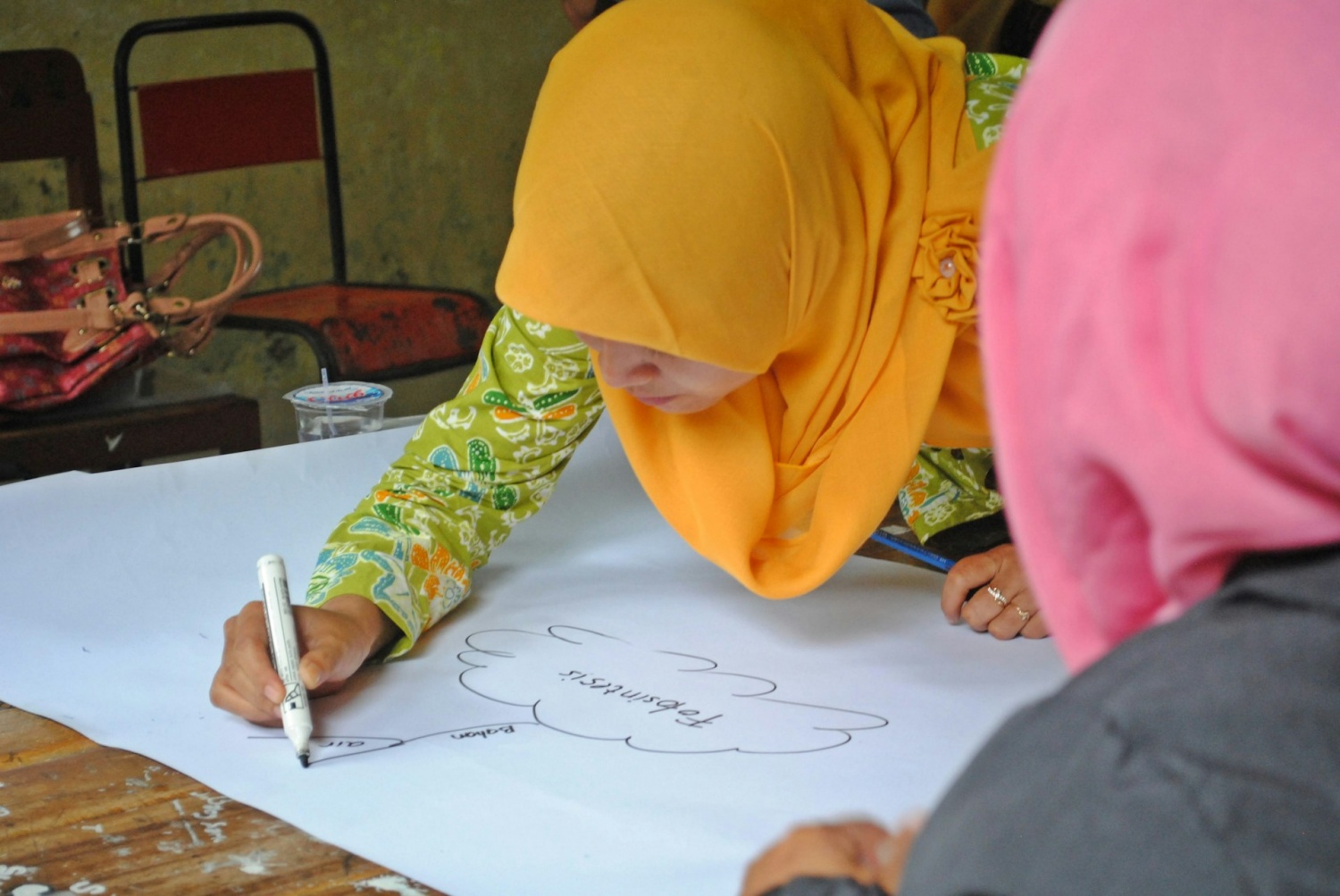Mental Health
Actionable Tips for When Your Parent is Diagnosed with Alzheimer's

(Photo : Actionable Tips for When Your Parent is Diagnosed with Alzheimer’s)
If your parent has been diagnosed with Alzheimer's, you mostly know they've had some form of dementia for one to two years leading up to the diagnosis. It can be a very trying and stressful time. Whether you're on the cusp of finding out what the true diagnosis is or if you've just learned they have the disease, here are suggestions for coping and helping your loved one and rest of the family:
Learn as much as possible about the disease.
First and foremost, remember that you are not alone. It's easy to feel isolated or overwhelmed especially upon first being diagnosed. However, there are many resources available to you and much has been discovered in just the past five years, including these key points:
-
Alzheimer's is a form of dementia;
-
It is not a death sentence;
-
If you address the issues early on there's a greater chance your parent will be healthier, safer and more comfortable physically and emotionally during the progression of the disease.
Research living options.
If you or a family member see that you cannot care for mom or dad now or in the near future, begin assessing senior housing, with memory care-focused options--right away. You'll want to research everything from the staff-to-resident ratio, to the different assisted living floor plans, to the food. There are typically many living options for different stages of the disease, especially at facilities located in more metro or resort and/or retirement areas. Most of these facilities are highly skilled at caring for people with different types of dementia and Alzheimer's. Improvements can even be seen in your loved ones by making this decision.
Kaylynn Evans is the executive director of Vineyard Bluffton, an assisted living community specializing in care for those suffering with memory loss. She explains, "Many communities see an improvement in residents who become part of that community due to the ritual and consistency of daily life, which includes meals at regular times, consistency of accurate medication dispensation, and community social interaction," Evans says. "The hardest part is making the decision to make this move and pull off the metaphorical 'band-aid.'"
Parents as caregivers can be overwhelmed.
If one parent is the caregiver of the one with Alzheimer's, ensure the caregiver isn't overloaded because it is a huge undertaking and a huge stressor --- especially on someone who is elderly and may not be completely healthy either.
According to alzimpact.org, as many as 40 percent of family caregivers of people with Alzheimer's and other dementias suffer from depression. Also, there are typically many other responsibilities that caregivers shoulder. Nearly one-fourth of Alzheimer's and dementia caregivers are "sandwich generation" caregivers- caring for both someone with the disease and a child or grandchild. If your parent is your other parent's caregiver, be sure to frequently check in on them and if they are feeling overwhelmed, consider enlisting extra help or even an alternate solution.
Be sure they have the right health insurance.
Take stock of your parents' insurance plans and assess different plans on the market for his or her specific needs. In order to counterbalance the increased price of end-of-life cost due to the diagnosis, look into purchasing long-term care insurance while you still meet the health stipulations to qualify. Additionally, explore the options and coverage Medicare supplement plans have to offer. Schedule a time to sit down with a licensed, un-biased agent so you can learn about what coverage is available and what the cost will be to your family.
Other important items to consider:
-
Ensure your parent has a predictable schedule and a safe living environment (especially if they only have part-time assistance or care).
-
Make sure your loved one is eating proper nutrition and regular meals -- since many who are left to their own devices, fail to eat or eat food that isn't nutritious.
-
Don't argue; especially don't argue with him or her about a forgotten memory, this will only be upsetting to them.
-
Don't hover too much; depending on the stage of the dementia, your parent can still be somewhat independent and will fare better mentally when there's still a degree of independence.
-
Know their medications; have a copy of them and make sure someone is in charge of monitoring their intake each day.
Overall, remember to have patience with the situation and know that the more you prepare early on, the easier it will be to deal with the different challenges of the disease as it progresses. Also remember that you are not alone - and seek help if you are feeling overwhelmed.
* This is a contributed article and this content does not necessarily represent the views of counselheal.com









Join the Conversation